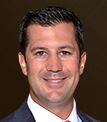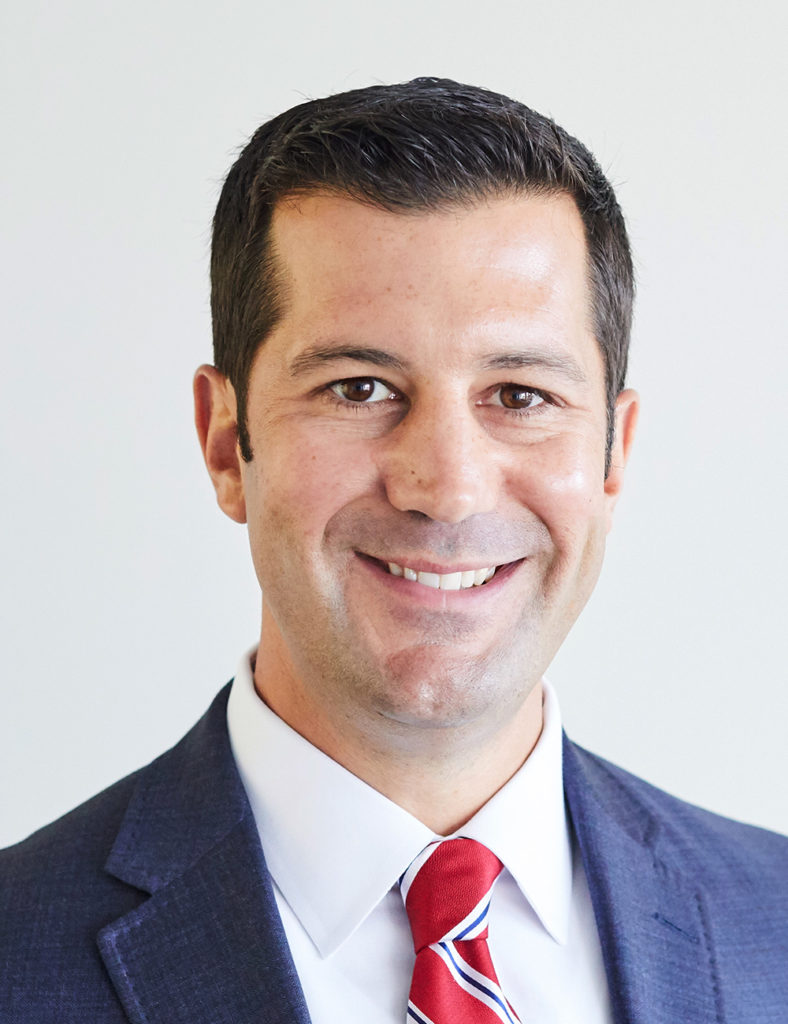Debt Collector’s Failure to Use Correct Company Name in Voicemail Could Give Rise to Liability Under FDCPA
August 30, 2018 by Eric Wood
The Fair Debt Collection Practices Act (“FDCPA”), 15 U.S.C. §§ 1692-1692p, protects debtors from a host of unfair or unreasonable debt collection tactics by debt collectors. If a debtor can establish that a debt collector has engaged in one or more practices that violate the FDCPA, he or she can recover actual damages, statutory damages and attorney’s fees and costs. 15 U.S.C. § 1692k.
One such prohibited action under the FDCPA is using any false, deceptive, or misleading representation or means in connection with the collection of any debt, including the use of any business, company, or organization name other than the true name of the debt collector’s business, company, or organization. 15 U.S.C. § 1692e(14).
In a recent decision out of the Third Circuit Court of Appeals, the debtor alleged that a debt collector violated the foregoing statute by leaving a voicemail identifying itself as a debt collector named “ARS.” Levins v. Healthcare Revenue Recovery Grp. LLC, No. 17-3330, 2018 WL 3999888, at *1 (3rd Cir. Aug. 22, 2018). However, the actual debt collector who left the voice message was called Healthcare Revenue Recovery Group, LLC. Id. Healthcare Revenue Recovery Group, LLC claimed that its voice message was not false or misleading under the FDCPA because it did have a registered d/b/a in that state for the name “ARS Account Resolution Services,” so it moved to dismiss the debtor’s complaint for failure to state a claim under Fed. R. Civ. P. 12(b)(6) Id.
The Court adopted the FTC’s guidance regarding the “true name” requirement in § 1692e(14) to permit a debt collector to “use its full business name, the name under which it usually transacts business, or a commonly-used acronym,” as long as “it consistently uses the same name when dealing with a particular consumer.” Id. at *4. Against this backdrop, the court disagreed with Healthcare Revenue Recovery Group, LLC’s contention that its use of “ARS” in debt collection voice messages to the debtor was permissible as its “true name” because “ARS” was not Healthcare Revenue Recovery Group, LLC’s full business name, and it was not the name under which it usually conducted business or a commonly used acronym of “ARS Account Resolution Services.” Id. at *4. Indeed, the Court found, Healthcare Revenue Recovery Group, LLC did not have a d/b/a for the stand-alone name “ARS,” and a search for “ARS” identifies a plethora of other debt collectors other than Healthcare Revenue Recovery Group, LLC. Id. Accordingly, the court found that the debtor was able to state a claim for violation of Section 1692e(14).
 Eric Wood represents clients in a wide variety of business and litigation matters, including breach of contract, employment and trade secret disputes, enforcement of non-competition agreements, deceptive trade practices (DTPA), fraud, breach of fiduciary duty, copyright, trademark and patent infringement, and fair debt collection practices.. Brown Fox PLLC is a law firm focused on advising and representing businesses and business leaders, with a focus on what businesses face daily, including litigation, corporate, labor and employment, and real estate matters.
Eric Wood represents clients in a wide variety of business and litigation matters, including breach of contract, employment and trade secret disputes, enforcement of non-competition agreements, deceptive trade practices (DTPA), fraud, breach of fiduciary duty, copyright, trademark and patent infringement, and fair debt collection practices.. Brown Fox PLLC is a law firm focused on advising and representing businesses and business leaders, with a focus on what businesses face daily, including litigation, corporate, labor and employment, and real estate matters.




